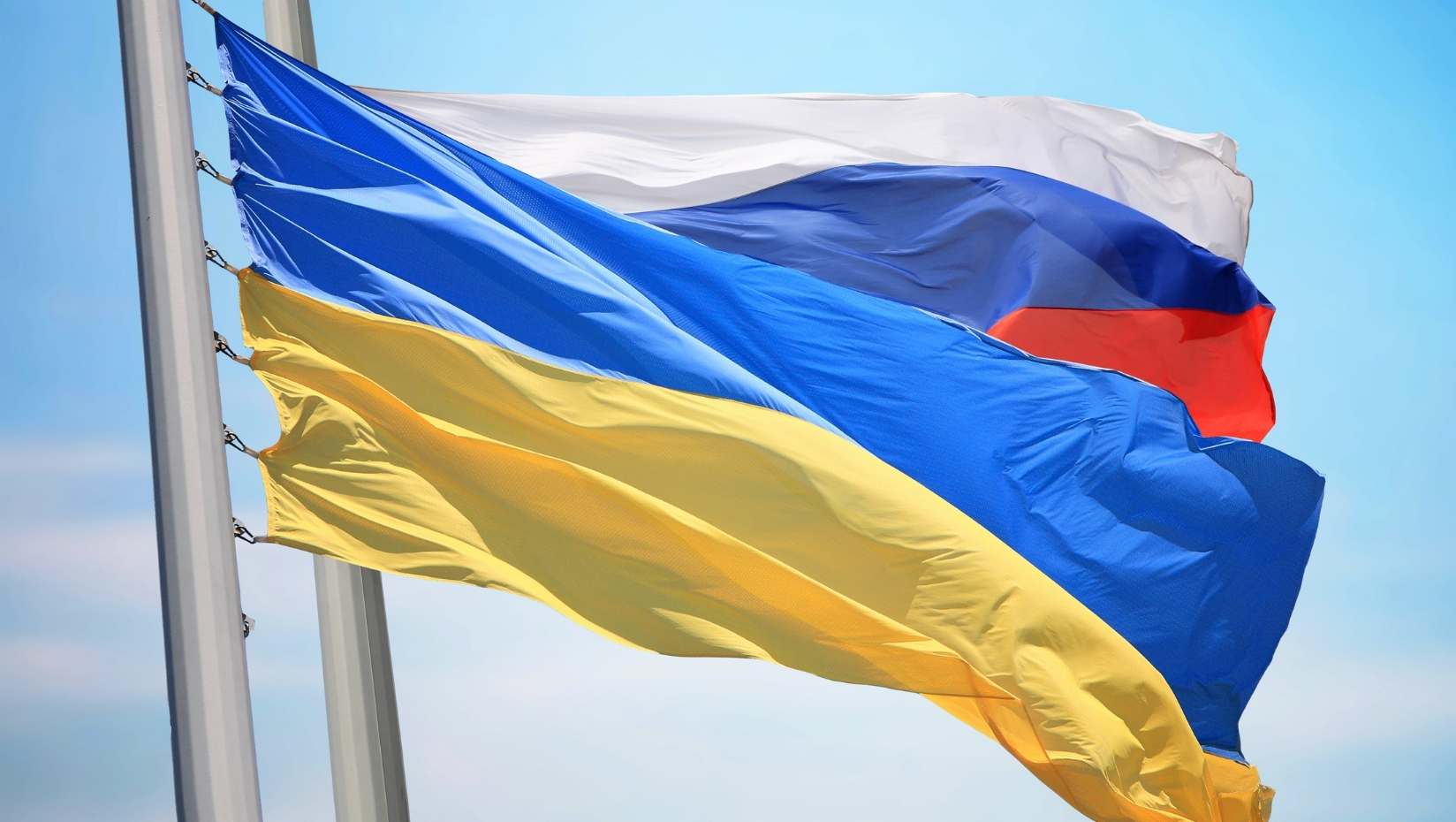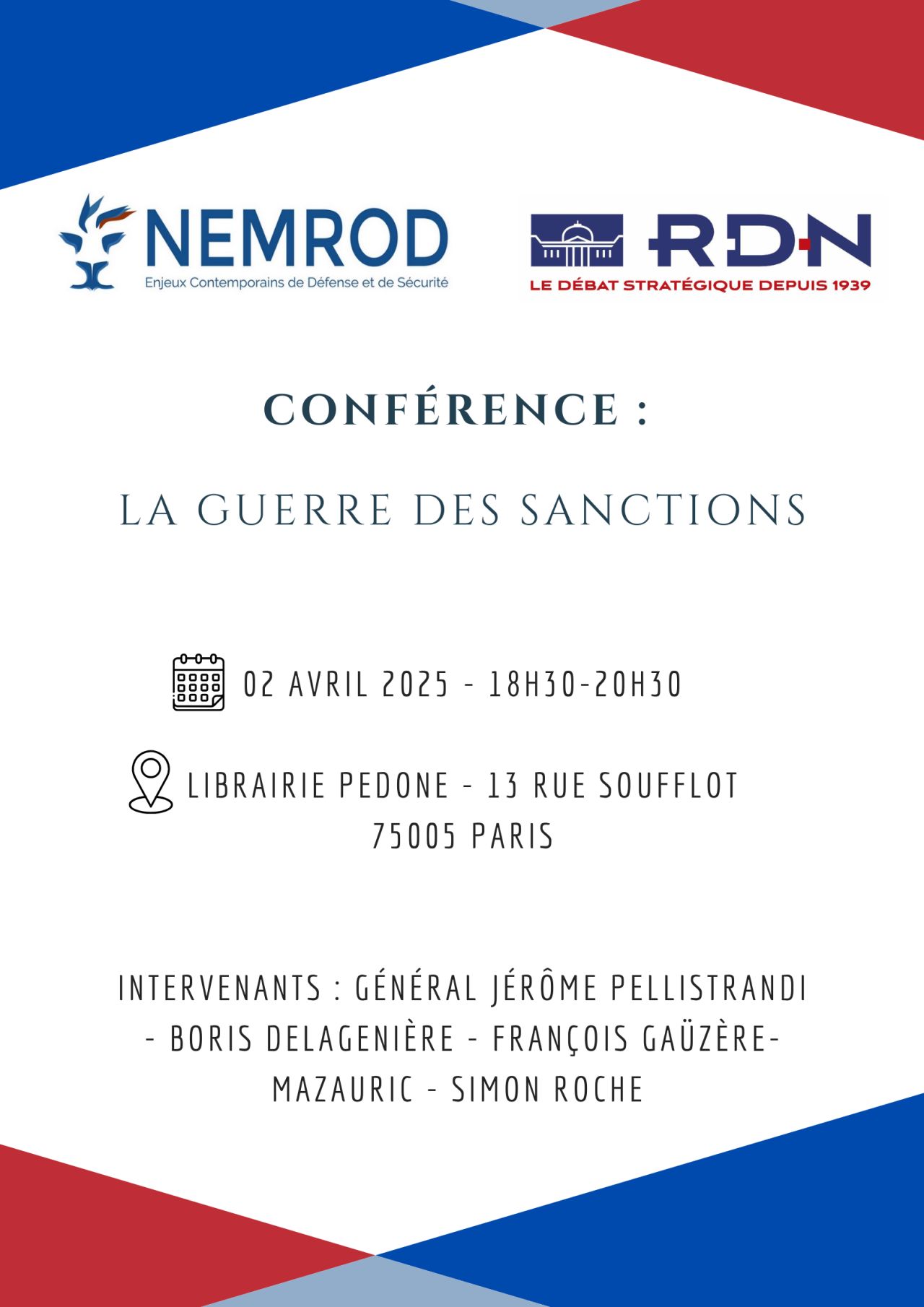Once again embodying all the region’s antagonisms, Lebanon has become an important factor in the stability of the Middle East, with a real risk that is could become a failing state and a staging ground for jiha-dist terrorist movements. The international community is putting forward an economic rescue package, in parallel with stabilisation efforts made on the ground. Political initiatives have also been launched, within or outside the UN framework, in order to help reinsert Lebanon into its regional environment and the international scene, now that it has been ‘recaptured’ from Syria, whose influence was mandated by the United States for nearly 15 years. Lebanon must be prepared to govern itself free of Syrian hegemony, and without Iranian or Arabian interference in its internal affairs. And without international remote control. Lastly, to reassure the international community, Lebanon must draw up the security and defence strategy that it has never been able to have for lack of internal cohesion and a common interpretation of its national interest. To do so, Lebanon must first reconstruct itself politically. Beyond military defence, it is Lebanon as message and Lebanon as meeting point of civilisations that one will be trying to safeguard.






